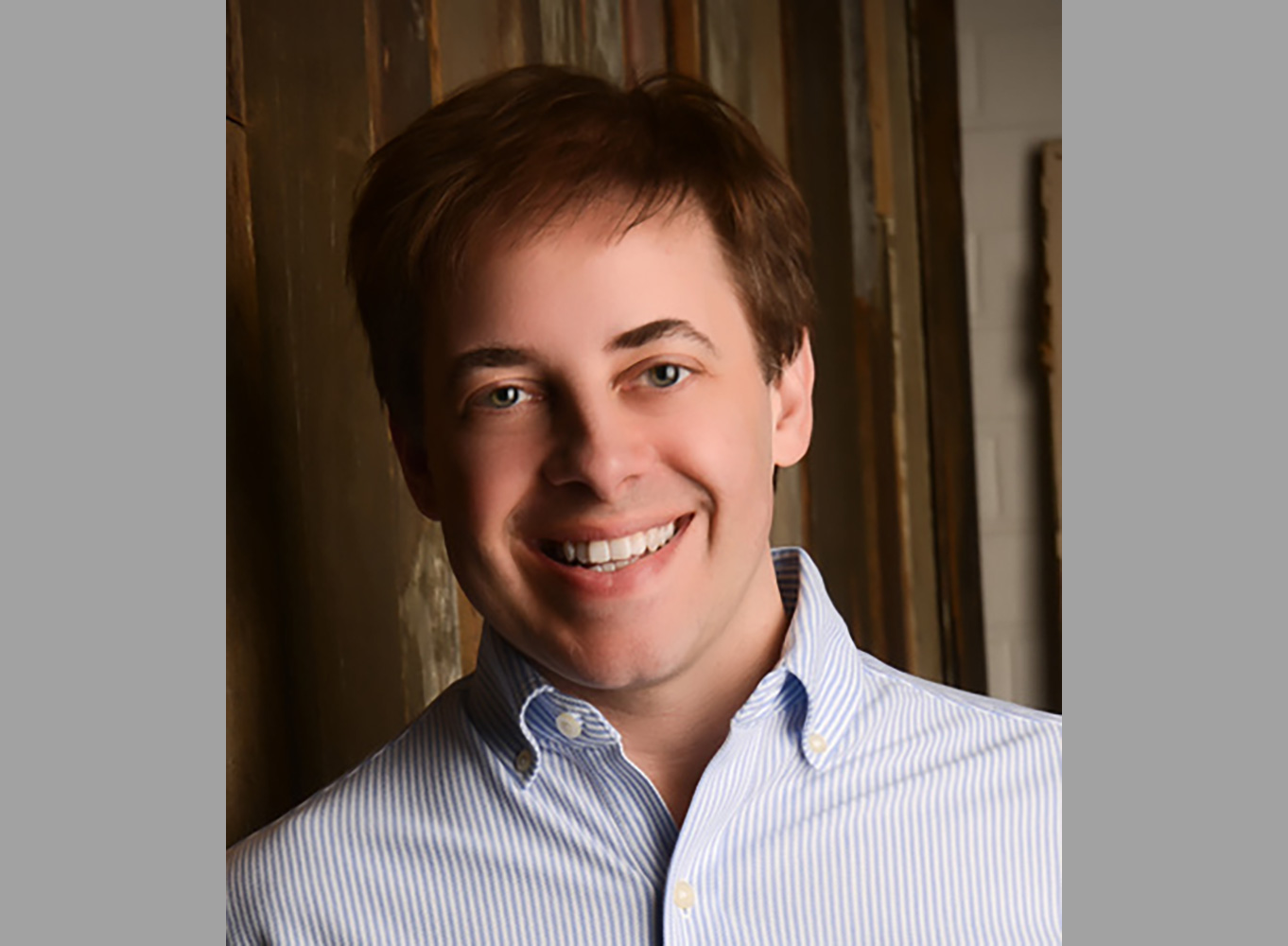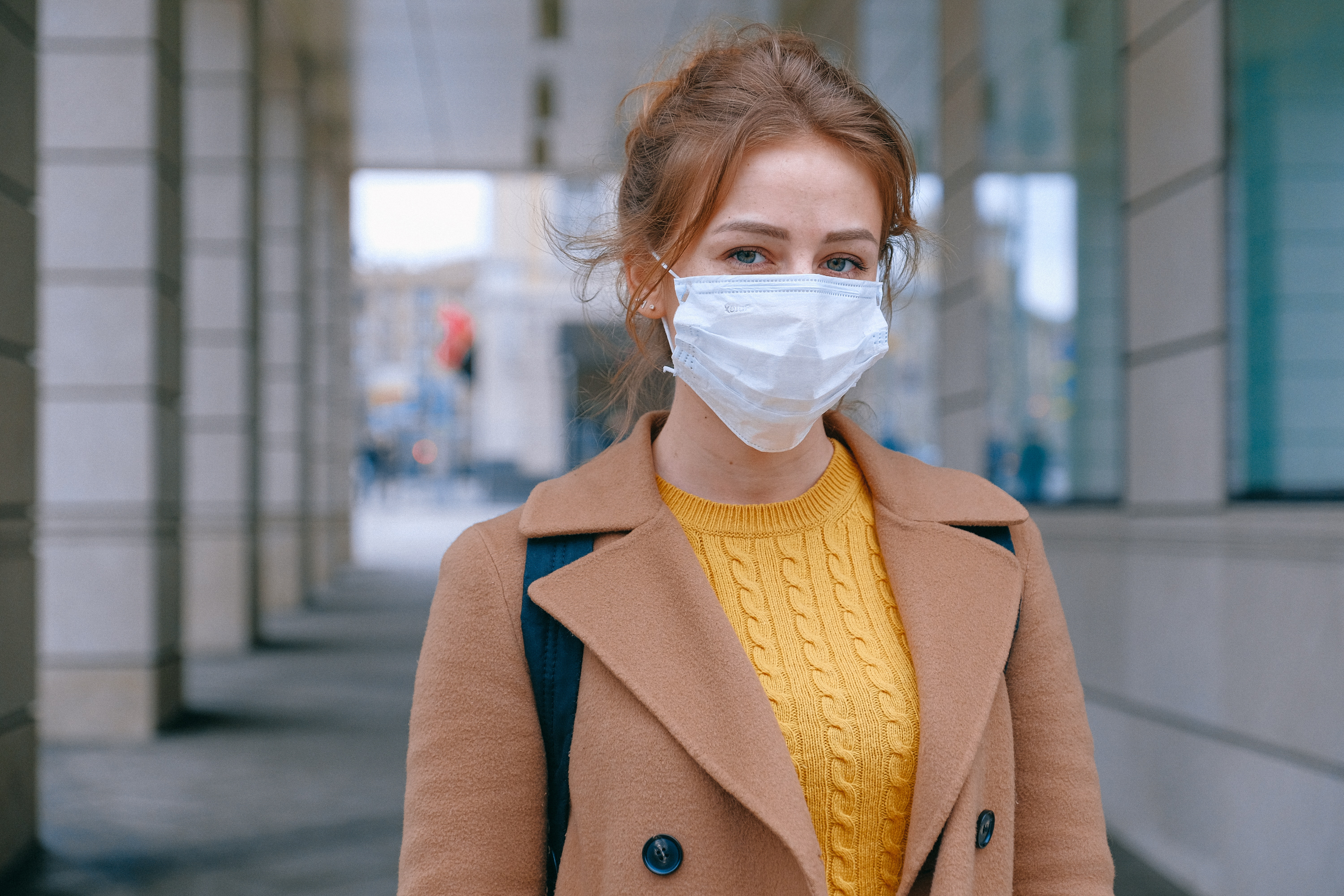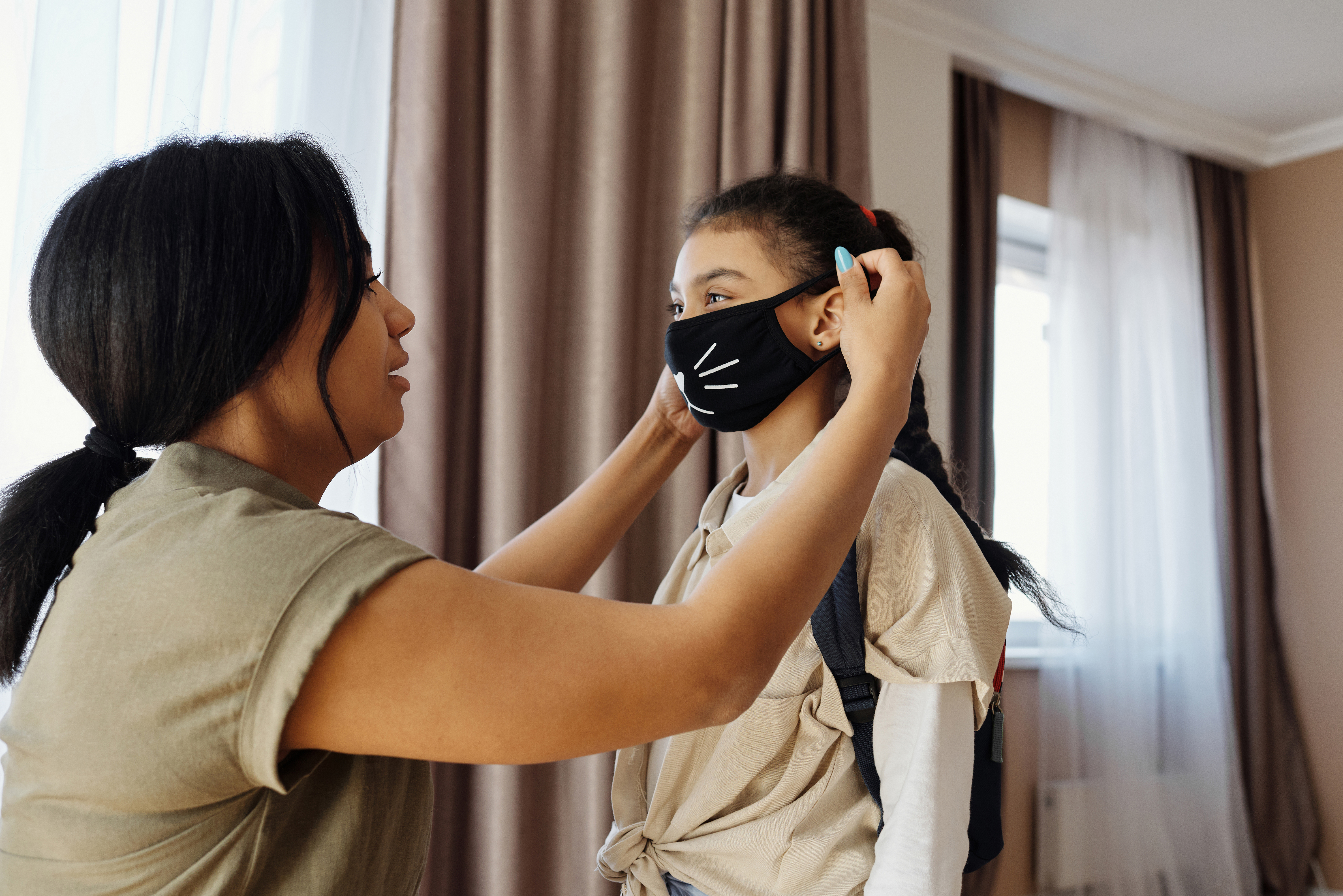While the pandemic has had a substantial impact on many facets of everyday life, one of the most prominent was its impact on the general public’s mental health.
Health experts say Americans already experiencing symptoms of anxiety and depression were made worse by pandemic-related stressors – including job loss, evictions, remote learning, travel restrictions and limits on gathering.
Dr. Christina Cruz is a UNC Child and Adolescent Psychiatrist whose research focuses on mental health and education. While speaking at 97.9 The Hill’s For ‘Em on the Hill, Cruz said how people respond to stress during the COVID-19 pandemic can depend on their background, social support from family or friends, financial situation, community and many other factors.
“Folks who were struggling before are struggling more now and folks who were borderline struggling are now really struggling,” Cruz said. “So, I think it’s kind of pushed everyone towards a level that’s been hard for everyone because this is just affecting all of us in most facets of our lives.”
People who may respond more strongly to the stress of a crisis include frontline and essential workers, those with preexisting mental health conditions, people caring for loved ones and young people.
In 2020, the findings of a nationwide survey conducted between the UNC School of Medicine and Harvard Medical School was released online. The study assessed the effects of the pandemic on the emotional wellbeing of the U.S. adult population.
The study concluded that, while older people are known to be at a greater risk of serious illness or death if they become infected by COVID-19, it was the younger population that reported higher distress levels.
As a child and adolescent psychiatrist, Cruz said she has personally seen an increased need in people requesting mental health support over the past year as these distress levels rise.
“I didn’t expect the severity to be worse,” Cruz said. “I didn’t expect when seeing folks suffering during the COVID pandemic, in regards to mental health, how much worse it could get for folks. I didn’t think it could go there but it did.”
Several other factors that may put a person at risk for developing mental health concerns include a family history of suicide, substance abuse, a history of trauma and prolonged stress.
Throughout the pandemic, Cruz said many children and adolescents are now facing more of these risk factors – which may exacerbate existing mental health concerns. She said these issues are even further intensified by the drastic change in school settings.
“It’s just clear that crises make disparities wider and clearer and that’s absolutely happening right now,” Cruz said. “Unfortunately, the nature of this is such that you don’t even know how wide it is. With things like schools not being in session, we have less of a reach into kids.”
Cruz said being able to talk about feelings of stress and mental health concerns will be key when promoting a healthy lifestyle moving forward. She said one of the first steps to receiving the help you need is to openly talk about the issues that matter.
“It’s become very central to the conversation and I think that’s one of the silver linings – that we can start to talk about it [mental health] and it becomes a bit less stigmatized,” Cruz said. “I’m not going to say destigmatized just yet, but it becomes part of the conversation – the mental health piece – in addition to any other stressors happening such as food insecurity, home insecurity. All of this stuff now gets to be talked about because everyone in a way can understand it.”
You can listen to the whole For ‘Em On The Hill conversation on mental health and wellness by clicking here.
Read as Dr. Cruz discusses the prevalence of suicide in young people here.
Chapelboro.com does not charge subscription fees. You can support local journalism and our mission to serve the community. Contribute today – every single dollar matters.











